T4K3.news
New malaria case investigated in New Jersey
Health officials are checking if the Morris County malaria case is local. CDC is assisting with the probe and guidance for prevention.
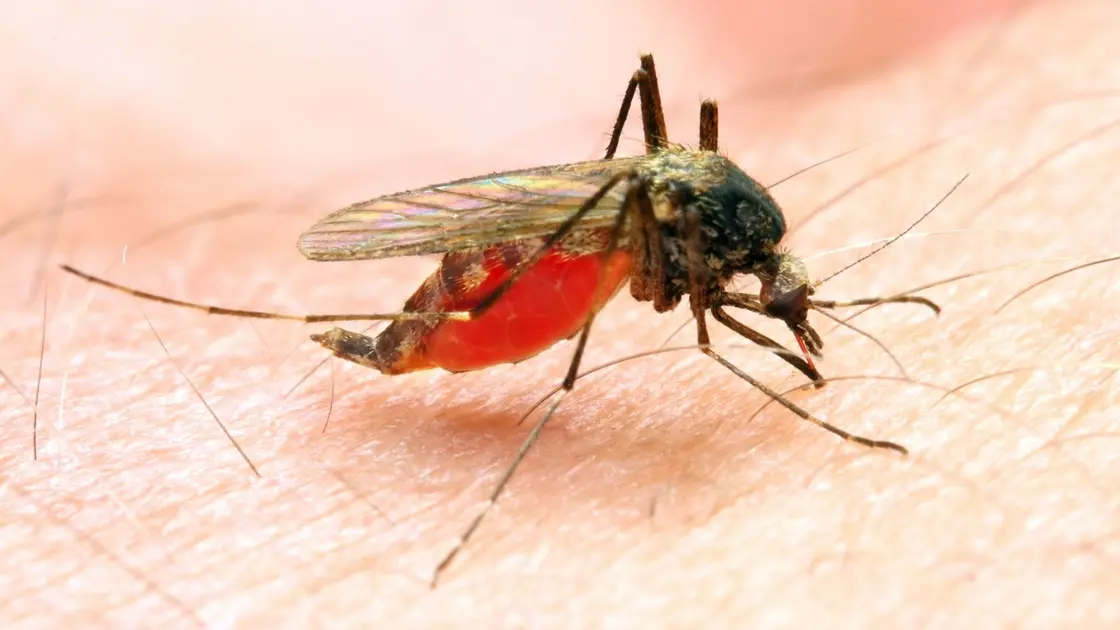
New Jersey health officials are investigating a Morris County malaria case with no recent international travel.
New Jersey probes locally acquired malaria case
The New Jersey Department of Health is investigating a malaria case in a Morris County resident who did not travel abroad recently. Health officials are working with the CDC to determine how infection occurred and whether local transmission is possible. If the investigation confirms locally acquired malaria, it would mark the first such case in New Jersey since 1991. The patient is receiving medical care as the authorities review potential sources of exposure.
Malaria is a mosquito borne disease that is usually linked to travel to tropical regions. Officials say there is a type of mosquito in New Jersey that can carry malaria, but the overall risk to the public remains low. Nationally, most malaria cases are tied to international travel, and people do not spread the disease to others. The investigation will consider whether a person infected abroad was bitten by a local mosquito that then bit others without a travel history.
Key Takeaways
"CDC is monitoring this situation closely to support the state and county health departments, as requested"
official assurance from health authorities
"While risk to the general public is low, it's important to take the necessary precautions to prevent locally acquired malaria in New Jersey"
public health guidance
"There is a type of mosquito in New Jersey that carries malaria"
vector presence
This case tests the edge of local disease surveillance. A locally acquired malaria diagnosis would force health departments to review vector control, testing protocols, and communication strategies for a broader audience. The public messaging needs to be careful: keep a calm tone while explaining why the risk is not zero and what steps residents can take to prevent bites. The investigation also examines how climate and mosquito populations could intersect with occasional importations to create transmission chains.
From a policy view, the episode could influence funding for vector control, diagnostic testing, and clinician awareness. It underscores the important role of national agencies like the CDC in guiding state responses and ensuring consistent messaging across counties. The balance between scientific uncertainty and public reassurance will shape how aggressively officials respond and how communities respond.
Highlights
- CDC is monitoring this situation closely to support the state
- While risk to the public remains low prevention matters
- Prevent mosquito bites to protect communities
- This case keeps us on alert for local transmission
Public health alert and public reaction
The possibility of locally acquired malaria can raise public concern and demand clear, consistent messaging from state health authorities. The case also touches on the reliability of local vector surveillance and the allocation of resources for mosquito control and diagnostic testing.
Public health work continues as investigators seek to clarify the source and prevent any future transmission.
Enjoyed this? Let your friends know!
Related News
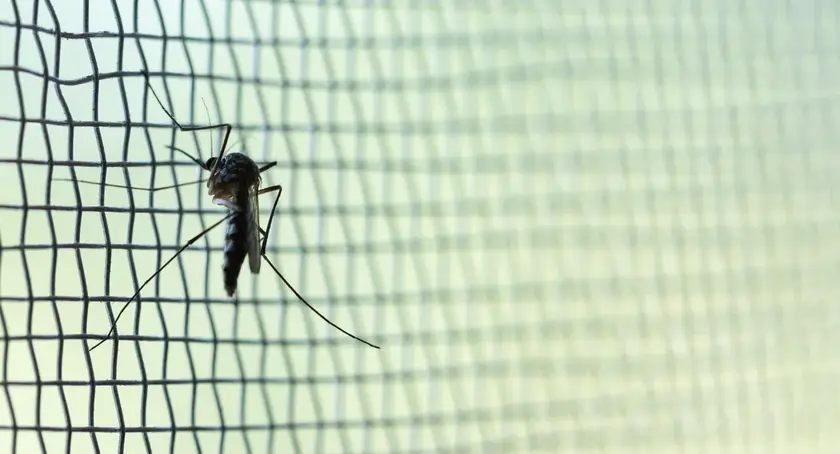
Malaria case under review in New Jersey
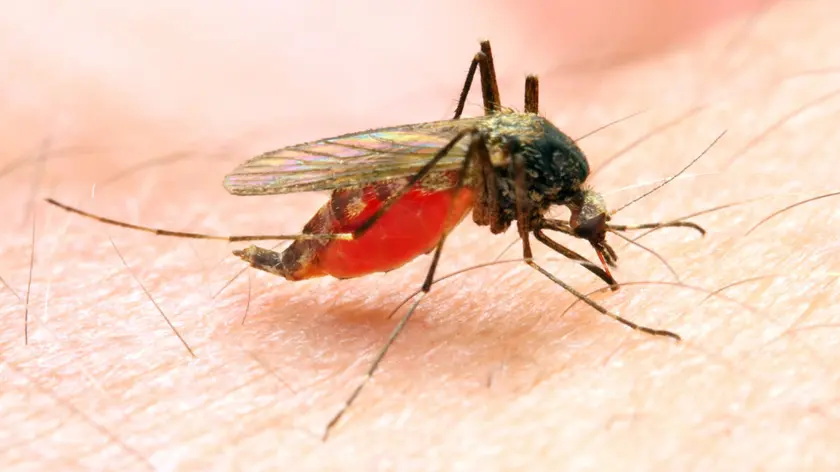
New Jersey Investigates Possible Local Malaria Case
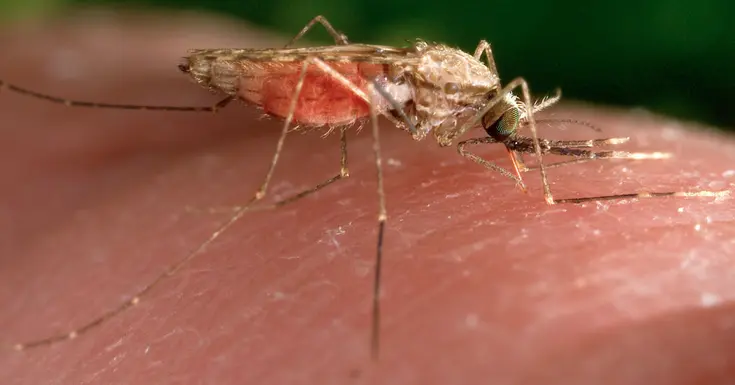
New Jersey malaria case testing underway

Alina Habba's interim appointment as US Attorney in New Jersey expires
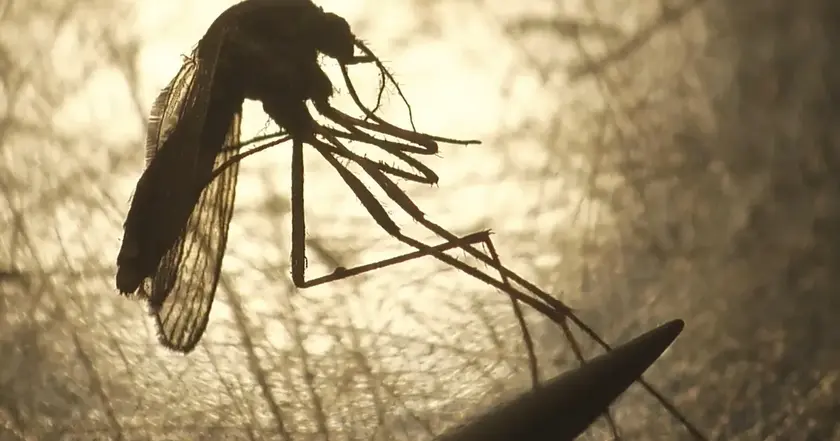
Malaria possibly contracted in Washington state
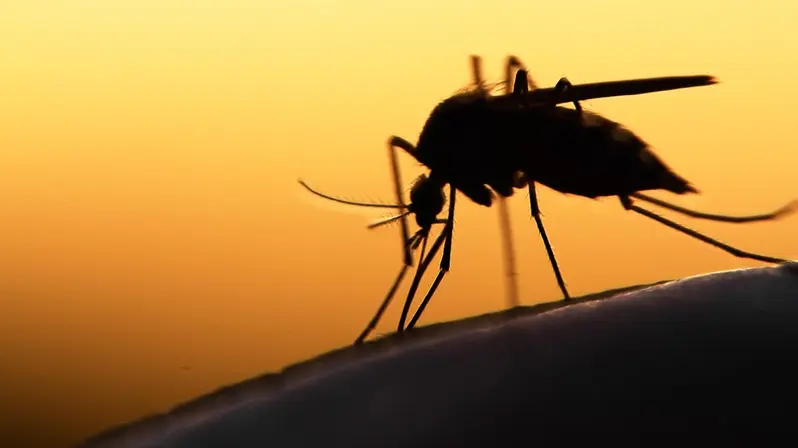
Washington investigates possible local malaria case

Brock Lesnar returns amid serious misconduct allegations
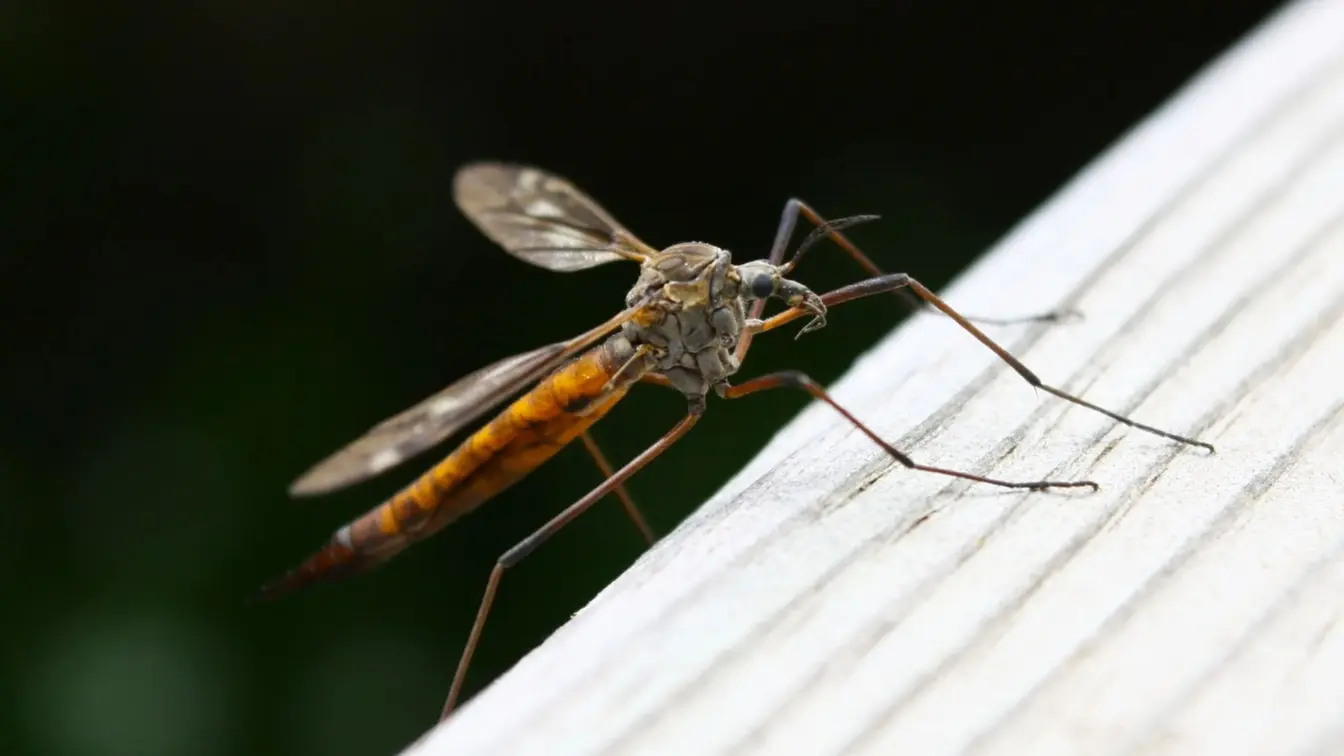
Europe Faces Rising Mosquito Virus Risk at Popular Holiday Spots
